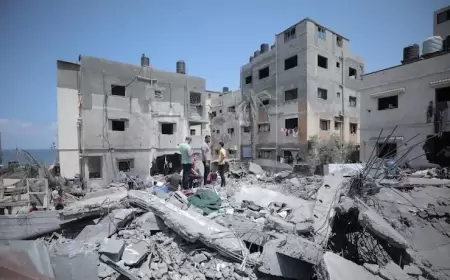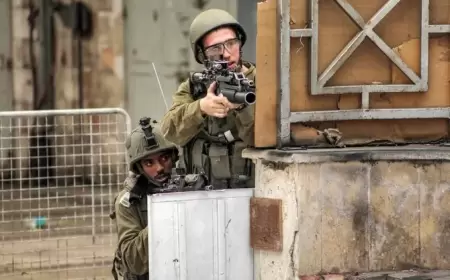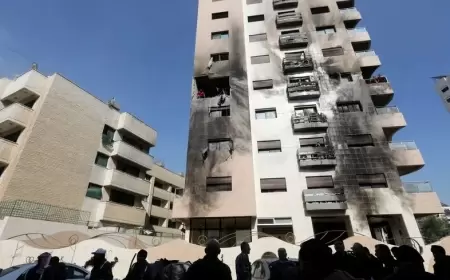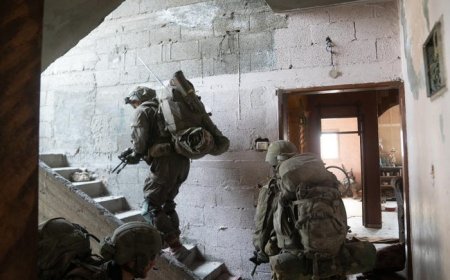Rising Tensions in the Middle East: U.S. Forces Face Increased Threats from Iranian-Backed Militias
U.S. Forces in the Middle East Face Escalating Threats Amidst Drone Attacks and Diplomatic Challenges.
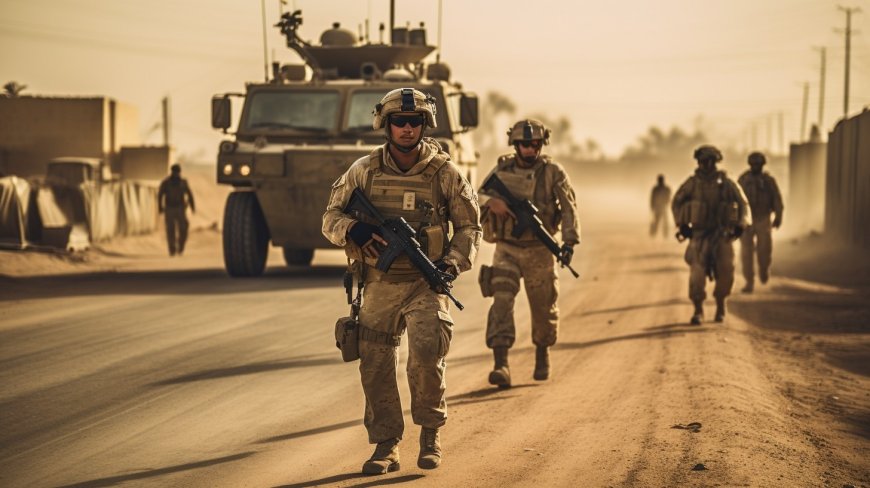
In recent times, things have been tense in the Middle East, especially for U.S. soldiers stationed there. An incident at the Erbil air base in Iraq highlighted the danger when a faulty drone, launched by a group supported by Iran, managed to get through U.S. defenses. Luckily, it didn't explode, and only one soldier got a concussion.
This is part of a larger series of about 40 drone and rocket attacks on U.S. troops by militias supported by Iran in Iraq and Syria. These attacks are a response to the U.S. supporting Israel in the ongoing Gaza war.
Despite these numerous attacks, the U.S. response has been careful. President Biden wants to limit the U.S. role in the conflict, mainly focusing on helping Israel with military aid. However, the situation is tricky, with concerns about a potential bigger conflict.
The Biden administration is cautious, ordering limited strikes and advising against more significant escalation. The worry is that a major attack could pull the U.S. into a larger conflict, something both the U.S. and Iran seem to want to avoid.
In Iraq, where most of the attacks on U.S. forces happen, the Prime Minister, Mohammed Shia Al-Sudani, is having a tough time controlling the militias backed by Iran. These militias played a big role in Sudani winning power a year ago, and they are still a powerful group in his government.
Sudani tried to talk to militia commanders, asking them to stop attacking U.S. forces, but it didn't work. The militias want the U.S. to make Israel stop its actions in Gaza before they'll consider stopping their attacks.
Sudani even went to Tehran, Iran's capital, to talk to the top leaders there. He asked them to help stop the militias from attacking the U.S. forces, fearing that more conflict could be bad for Iraq.
Iran told Sudani that the militias in Iraq make their own decisions, and Iran won't interfere. This puts Sudani in a tough spot, as he can't fully control the militias causing trouble.
As the situation continues, the U.S. military is taking extra steps to protect its troops in the region. There's a hope that showing strength will stop more serious attacks. Still, some people, especially Republicans in the U.S. Congress, think the response should be stronger to make Iran pay a higher cost for these attacks.
As tensions rise, it's a complicated situation. The memories of past conflicts, like the bombing in Beirut 40 years ago, make people worry about what might happen next. The world is watching closely, hoping things don't get worse in an already challenging part of the globe.
Must Read: U.S. Launches Airstrike on Iranian-Backed Militias' Depot in Syria Following Escalating Attacks

